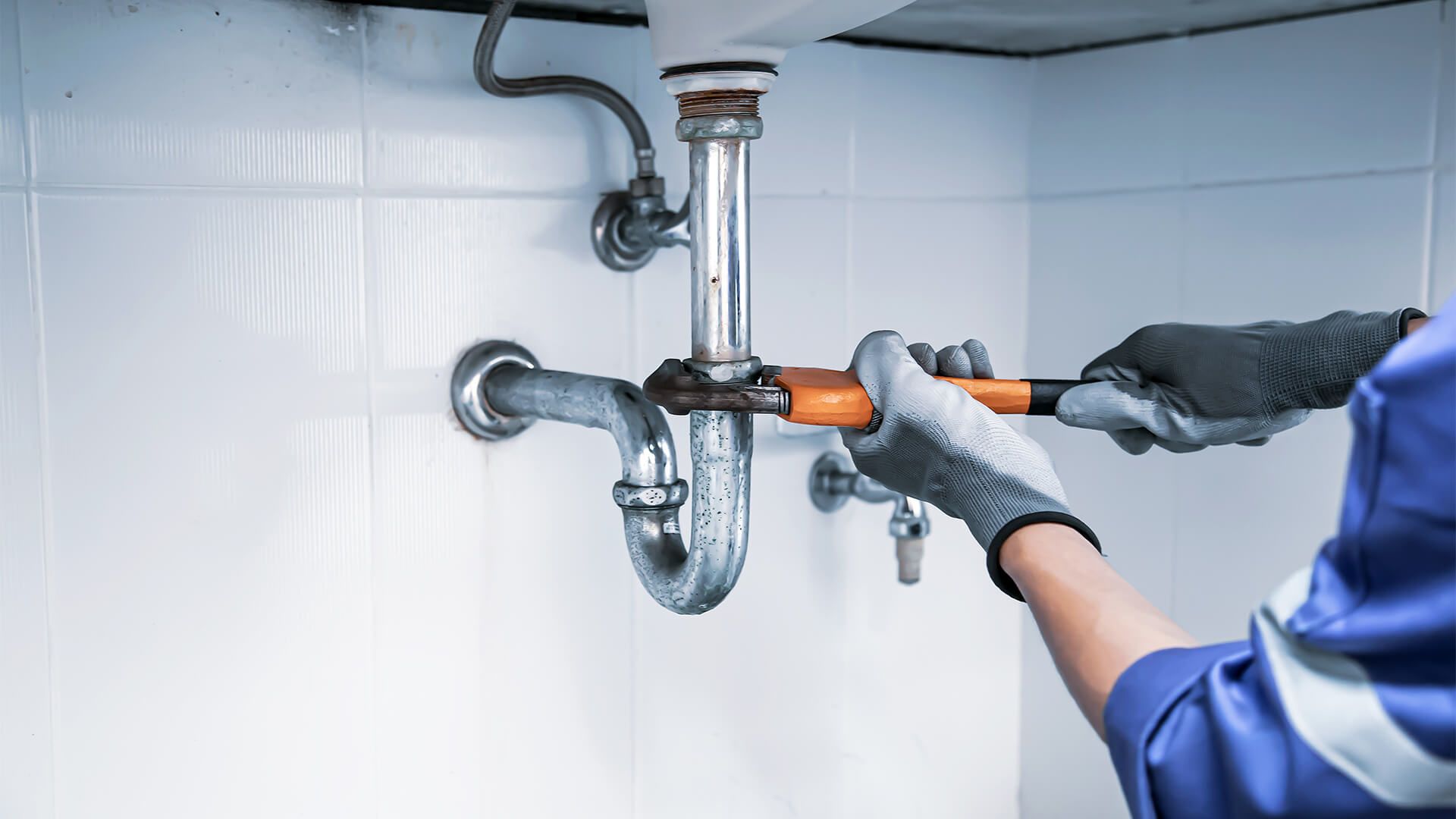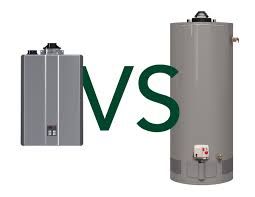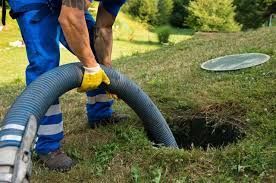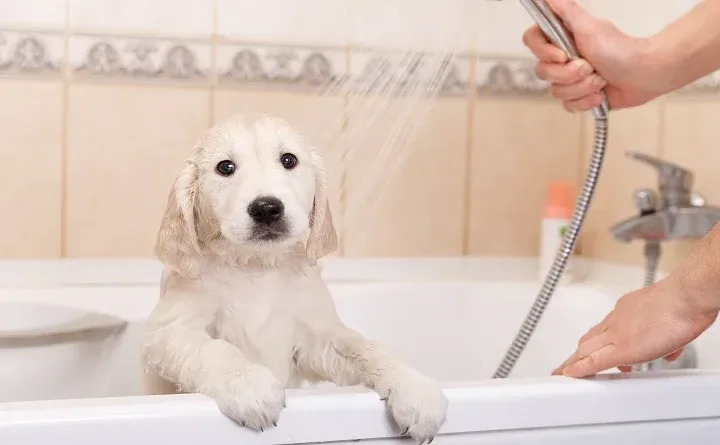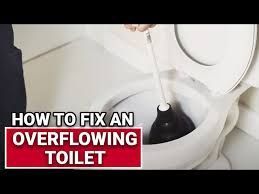What to Do If Your Water Isn’t Getting Hot Enough
You step into the shower, ready to enjoy a nice, warm soak, but instead, you’re hit with lukewarm water—frustrating, right? If your water heater isn't getting hot enough, you're not alone. This common problem can be a major headache, especially when you need hot water for everything from showers to washing dishes. Luckily, there are several reasons this could be happening, and with the right approach, you can get your hot water flowing again.
In this guide, we’ll explore why your water heater isn’t getting hot and what you can do to fix it quickly and effectively.
1. Check the Thermostat Setting
One of the most common reasons for a water heater not getting hot enough is an incorrect thermostat setting. If your thermostat is set too low, you simply won’t get the hot water you need.
What to do:
- Locate your water heater’s thermostat (it’s usually on the tank).
- Adjust the temperature to about 120-140°F (49-60°C).
- Wait for a few hours to see if the water heats up.
- If the thermostat was set too low, this should solve the problem!
2. Sediment Buildup in the Tank
Over time, sediment from hard water can build up inside your water heater tank, making it less efficient. This can prevent the water from heating properly, causing lukewarm water to flow from your taps.
Solution:
- Flush the tank to remove sediment buildup. You can do this by draining the tank until the water runs clear.
- Regular maintenance, such as flushing your water heater annually, can prevent sediment buildup from happening in the first place.
3. Malfunctioning Heating Elements
If you own an electric water heater and it’s not getting hot enough, the issue might be a faulty heating element. Water heaters usually have two elements—one at the top and one at the bottom. When one malfunctions, your water won’t heat evenly, causing fluctuating temperatures.
What to do:
- Check if the heating elements are working properly using a multimeter.
- If one is faulty, it’s best to have a professional replace it.
4. Insufficient Water Heater Size
Another common reason why your water heater isn't getting hot enough could be the size of the tank. If your household has grown or you’re using more hot water than before, your water heater may not be able to keep up with demand.
What to do:
- Evaluate your household’s hot water needs. A larger family might need a bigger water heater or an upgrade to a tankless system that provides continuous hot water.
- Consider upgrading your current system if it’s not providing enough hot water.
5. Broken Dip Tube
The dip tube is a part of your water heater that ensures cold water enters the bottom of the tank to be heated. If it breaks or becomes damaged, cold water may mix with the hot water at the top, leading to lukewarm water flowing from your taps.
What to do:
- Inspect the dip tube for any signs of wear and tear. If damaged, it will need to be replaced.
6. Faulty Gas Supply (For Gas Water Heaters)
If you have a gas water heater and the water isn’t getting hot, there could be an issue with the gas supply or burner. A gas leak or problem with the pilot light could prevent the water from heating properly.
Solution:
- Check if the pilot light is on. If it’s off, try relighting it (following manufacturer instructions).
- If you smell gas or suspect a leak, turn off the gas supply immediately and contact a professional.
7. Insufficient Insulation
Sometimes the water in your tank cools down too quickly because of poor insulation. This could be especially true during colder months when external temperatures drop, causing heat loss.
Solution:
- Insulate your water heater and the pipes connected to it to prevent heat loss.
- Wrap the heater with an insulation blanket designed for this purpose.
Conclusion
When your water heater isn’t getting hot enough, it’s not just an inconvenience—it’s a problem that needs immediate attention. Whether it’s a thermostat issue, sediment buildup, or even a broken heating element, these common issues are fixable with the right approach. If DIY fixes don’t do the trick, don’t hesitate to call in a professional to get your hot water flowing again.
For more help with your water heater or any plumbing needs, always consult with experts who can provide the solutions you need!

